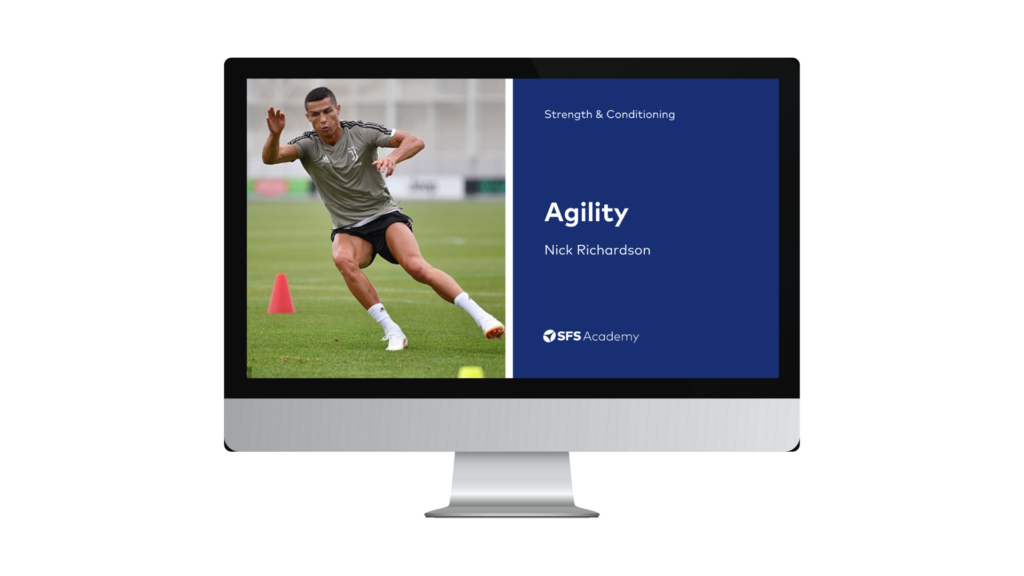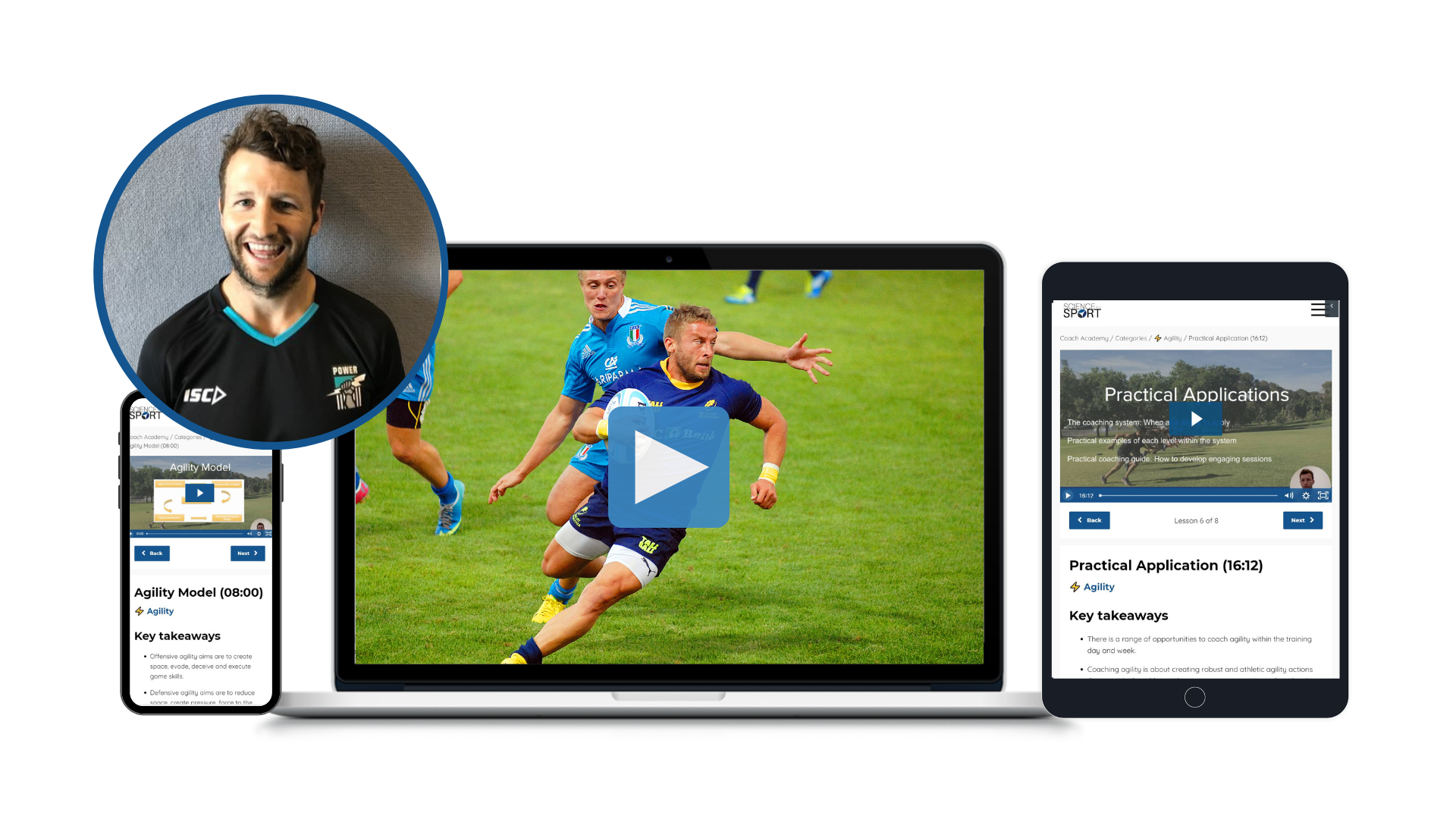7 Rules to Avoid a Catastrophic Loss of Rapport
Communication tips for listening, thinking & decision making
- Introduction
- The 7 Rules
- About the Author
- References
- Comments

Introduction
High-performance sport is full of strong personalities, challenging training methods, thoughts and opinions, which in truly elite environments are not just important but encouraged. But disagreements can escalate quickly if you don’t apply some principles to your communication with other people. A catastrophic loss of rapport is when a relationship is damaged through poor communication, to the extent that it is no longer functional or positive for yourself, the environment or the athletes (1).
The results of this can be a loss of trust, respect, and the spread of negativity throughout the environment and in some instances a loss of employment. Challenge and constructive discussion are valuable to the multidisciplinary team, and this article is not advocating for coaches to roll over and concede in discussions that are critical to success. But it will present some basic rules of engagement to avoid a catastrophic loss of rapport in situations where understanding, communication and cohesion can begin to break down.
Rule 1
It is not about you
Does this fight for your athletes or your ego?
Do the athletes lose a lot if you don’t fight this battle?
Could I be spending my energy in a more beneficial way for the athletes?
Rule 2
Pick your battles
Is what you’re discussing so important that you might actually cause more harm to the players and your own career?
You can’t win every battle. Learn when to engage and when to back off.
If you don’t fight this battle, what will the outcome be? How bad is that?
Rule 3
Pull the handbrake
Stop. Pause. Think. Is what you are about to say part of the problem or solution?
If you are repetitively hitting a dead end, re-group and live to fight another day
What do your instincts tell you to do? They are usually the first to speak or the ‘don’t do this’ – don’t ignore these thoughts.
What do they want (their agenda)?
Rule 4
Know your audience
What is this individual’s personality type?
What sort of communication has worked/not worked in the past (history)?
What is this individual’s preferred communication style (primary recognition system)?
What do they want (their agenda)?
Rule 5
2 ears: 1 mouth. Use them in the correct ratio
Listen and soak all up information before responding
Emotional intelligence is important, but logical thinking should not be ruined by overwhelming emotions
Employ breathing or calming techniques to ensure you don’t lose composure and self-sabotage
Stand in their shoes and try to understand their agenda
Rule 6
Stay in control
Emotions, all verbal and non-verbal communication, body language, temper, space, tone, volume, pitch, and facial expression should all be controlled, whether that’s controlled enthusiasm or emotion
The direction of the conversation (see rule 3)
Rule 7
Plan your important interaction meticulously
What do you want to achieve? How will you do that?
Visualise your outcome.
Practice the delivery, what will you say/not say? Consider reactions to negative responses
See rule 4 again.
References
- Bartholomew, B., 2017. Conscious Coaching: The art & science of building buy-in (p. 286). Bartholomew Strength.



